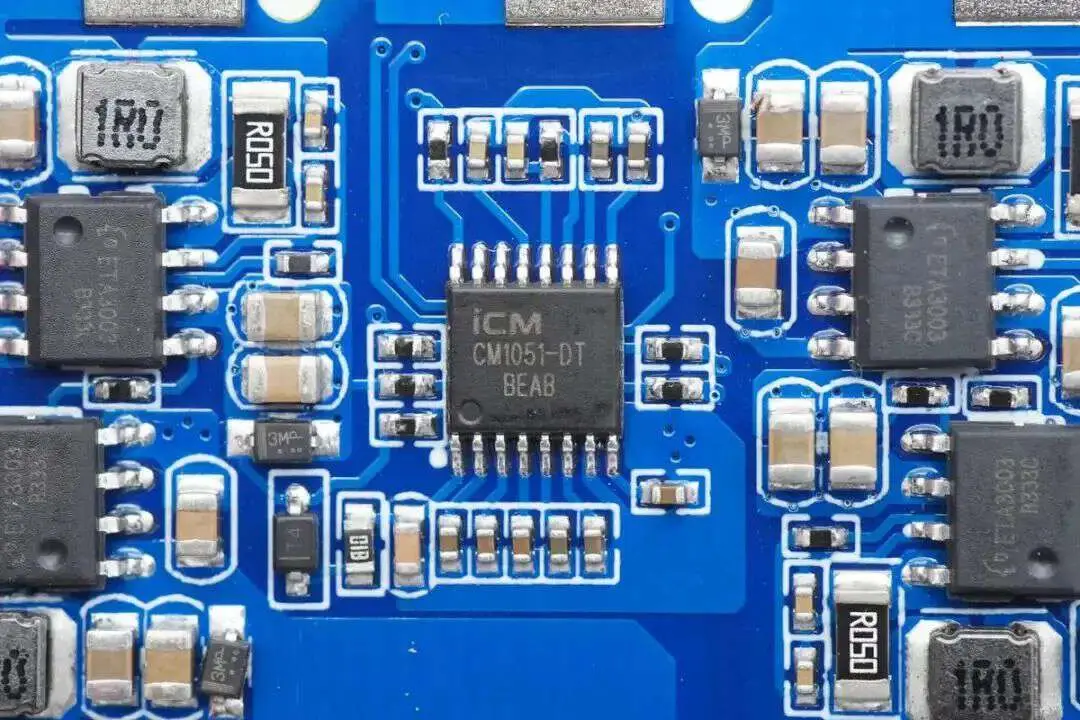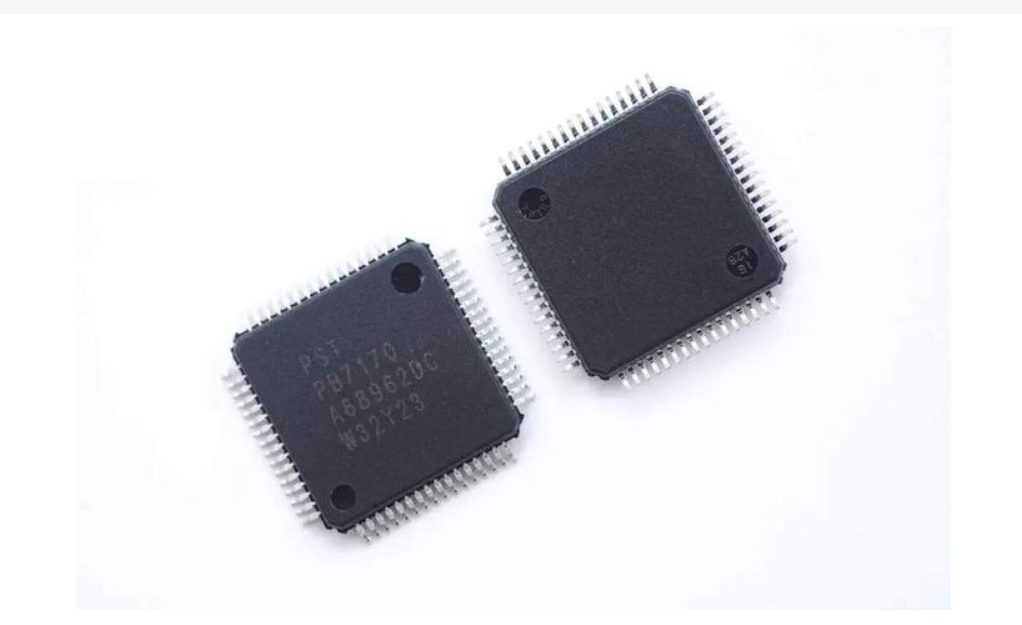Introduction to Battery Management Chips -MobikeChip
Battery management chips are essential for modern electronics, ensuring efficient, safe, and reliable operation of battery-powered systems. These chips play a critical role in monitoring and controlling battery performance, optimizing energy use, and extending battery life. At MobikeChip, we provide a comprehensive selection of battery management chips that cater to a wide array of industries, from consumer electronics to renewable energy solutions.

Core Functions of Battery Management Chips
Monitoring and Protection
Battery management chips continuously monitor key battery parameters such as voltage, current, and temperature. This real-time monitoring ensures:
- Overcharge and Overdischarge Protection: Preventing damage to battery cells.
- Temperature Regulation: Avoiding overheating and ensuring safe operation.
- Short-Circuit Protection: Safeguarding against wiring faults and electrical issues.
These features ensure the longevity and safety of battery systems, particularly in critical applications like medical devices or electric vehicles.
Balancing Battery Cells
For multi-cell battery packs, achieving consistent performance across all cells is crucial. Battery management chips employ cell-balancing techniques to equalize charge levels, minimizing wear and tear while enhancing overall efficiency. This is especially important in applications like energy storage systems and electric vehicles.
State of Charge (SOC) Estimation
Accurate SOC estimation provides users with precise battery status information. By calculating the remaining charge, these chips help optimize usage patterns, enabling longer operating times for portable electronics and reducing downtime in industrial applications.
Communication Capabilities
Advanced battery management chips often include communication interfaces like I2C, SMBus, or CAN. These interfaces allow seamless integration with system controllers, enabling data exchange for diagnostics and performance monitoring.
Applications of Battery Management Chips
Consumer Electronics

Battery management chips are widely used in smartphones, laptops, and wearable devices to optimize charging cycles, ensure safety, and enhance battery performance. Features like fast charging and temperature control make these chips indispensable for portable gadgets.
Electric Vehicles (EVs)
In EVs, battery management chips are critical for managing high-capacity lithium-ion battery packs. They ensure balanced charging and discharging, monitor thermal conditions, and provide real-time data for vehicle control systems. This guarantees efficient energy use and extends the vehicle's range.
Renewable Energy Systems
Energy storage systems paired with renewable energy sources like solar panels or wind turbines depend on battery management chips to regulate charge and discharge cycles. These chips enhance energy efficiency and ensure the long-term reliability of storage solutions.
Industrial and Medical Equipment
Battery-powered tools and devices in industrial and medical settings require high levels of safety and reliability. Battery management chips ensure stable operation, making them a trusted component in applications like portable medical monitors and automated machinery.
Advantages of Using Battery Management Chips
Enhanced Safety
Battery management chips mitigate risks associated with lithium-ion batteries, such as thermal runaway or overcharging, by providing robust protection mechanisms.
Improved Battery Lifespan

By balancing cells and avoiding deep discharges, these chips maximize battery life, reducing maintenance costs and ensuring consistent performance over time.
Energy Efficiency
Optimized charging and discharging processes lead to reduced energy loss, making devices more energy-efficient. This is particularly significant in renewable energy systems and electric vehicles.
Compact and Versatile Design
Battery management chips integrate multiple functionalities into a single component, saving board space and simplifying design processes. Their versatility allows them to be used across diverse applications, from handheld gadgets to large-scale industrial equipment.
Choosing the Right Battery Management Chip
When selecting a battery management chip, consider the following:
- Battery Type: Ensure compatibility with the battery chemistry, whether it's lithium-ion, nickel-metal hydride, or lead-acid.
- Number of Cells: Choose a chip that supports the required number of cells for your application.
- Communication Interface: Determine if your system requires I2C, SPI, or other interfaces for integration.
- Protection Features: Verify that the chip includes the necessary safety mechanisms for your application.
- Power Efficiency: Opt for a chip with high energy efficiency to maximize device runtime.
At MobikeChip, our extensive catalog includes battery management chips from leading manufacturers, ensuring quality and reliability for any project.
About Us
MobikeChip offers a broad range of genuine electronic components from over 2,600 manufacturers at competitive prices. Our product portfolio includes Integrated Circuits (ICs), Discrete Semiconductor Products, Resistors, Capacitors, Relays, Switches, Transformers, Sensors, Transducers, Inductors, Coils, Chokes, Potentiometers, Variable Resistors, Crystals, Thermal Management products, and more.
Partner with MobikeChip to access high-quality electronic components tailored to your specific needs.
Category page: Battery Management-Power Management (PMIC)-Manufacturers-Dealer-MobikeChip
Reprinted from: https://www.mobikechip.com/static-blog-detail/156.html
Comments
Post a Comment